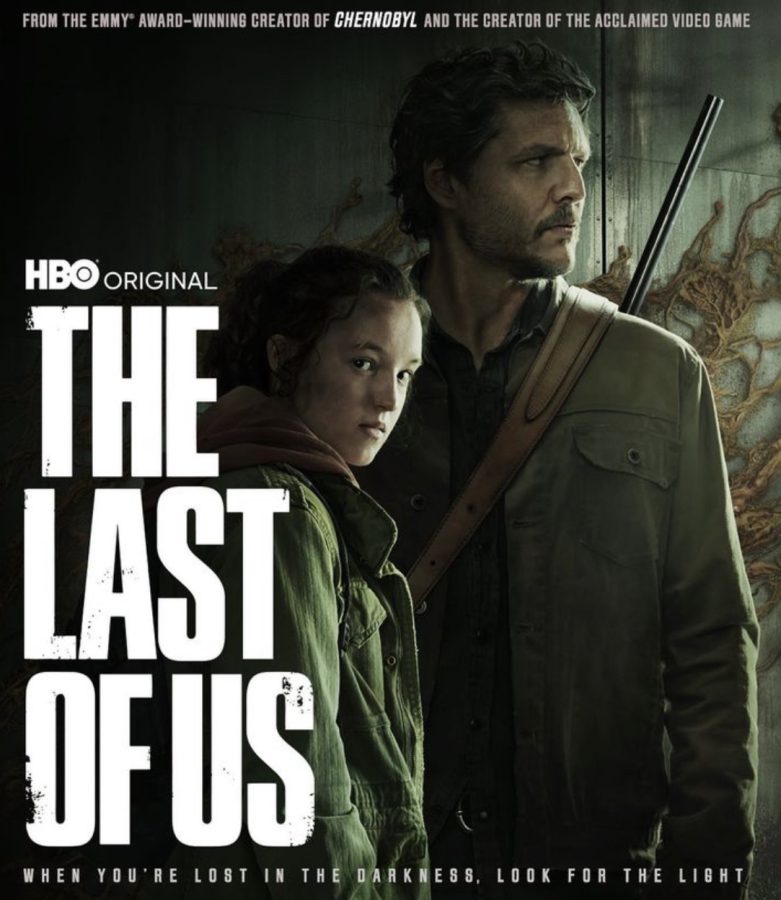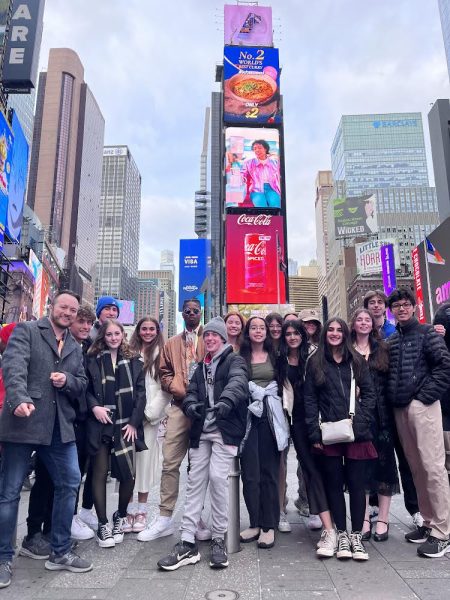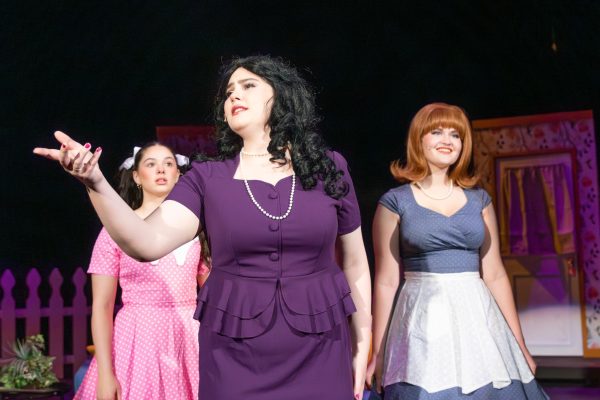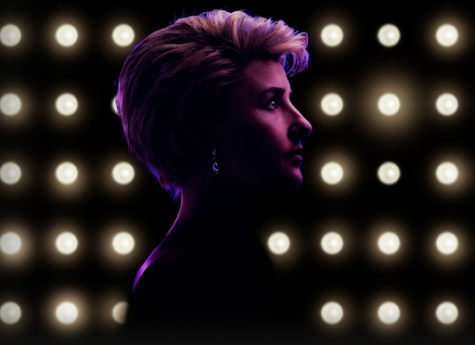Why Audiences Adore The Last of Us
On January 15, 2023, a pop culture phenomenon began. Posts were posted. Tweets were tweeted. Edits were… edited. Lives were changed. Indeed, something in the air shifted when the series The Last of Us aired on HBO Max.
The series follows Joel, a hardened survivalist, and Ellie, a witty teenage girl, as they travel throughout the United States during a zombie apocalypse. Due to climate change, human bodies evolved to withstand the shift in environmental conditions, and in doing so became available hosts for certain bacteria, including a real fungi called cordyceps. This fungi eventually takes over its host’s body and turns them into what most would describe as a zombie, though these zombies are often covered in the fungi itself and are mentally connected to each other through said fungi.
Aside from the excitement the plot offers, the series’ expansive fan base can be explained largely because it is an adaptation of the identically-titled 2013 video game. The rate at which it has grown and continues to grow, however, can be attributed to a multitude of reasons. For instance, stars Pedro Pascal (Joel) and Bella Ramsey (Ellie) have managed to captivate a large audience with their impeccable acting skills and their charm on and off-screen. It’s also no secret that they have stolen hearts, as well. In fact, there have been so many fan edits made of Pascal that Saturday Night Live inspired a whole skit after the videos.
It can be argued that another reason why The Last of Us is so popular is because it plays off of a real fear: climate change. Of course, zombies on their own are a terrifying concept to most people, but the likelihood of corpses being brought to life and digging up from their graves is laughably small. The idea that humans may soon be faced with a number of unfamiliar bacteria, parasites, and viruses is not as unreasonable, though, especially considering the effects climate change is known to have on the human body. So, the fact that the show includes this real looming threat is both captivating and a catalyst for a much needed conversation. Plus, combining climate change with zombies is certainly a unique take on the apocalyptic genre.
Another refreshing aspect of The Last of Us is the representation it provides for the LGBTQ+ community. Not only is Ellie lesbian, but she is a well-written protagonist that isn’t over-sexualized or stereotyped. She is played very thoughtfully by Ramsey, who is part of the LGBTQ+ community themself as a non-binary person. Additionally, a whole episode is dedicated to telling the story of characters Bill and Frank, a male couple that formed during the apocalypse against all odds. The episode is undoubtedly a tear-jerker, but is nonetheless excellent at simultaneously portraying the kind of love story that seldom gets adequate screen time and questioning traditional masculinity.
The Last of Us is absolutely worthy of the attention it is receiving. After all, it has acquired it primarily by being inclusive, relevant, and incredibly well-done, all while remaining relatively loyal to the original plot of the game off of which it was based. If the show continues to do all of these things, there is no doubt that it will become a staple in the world of science fiction television.









